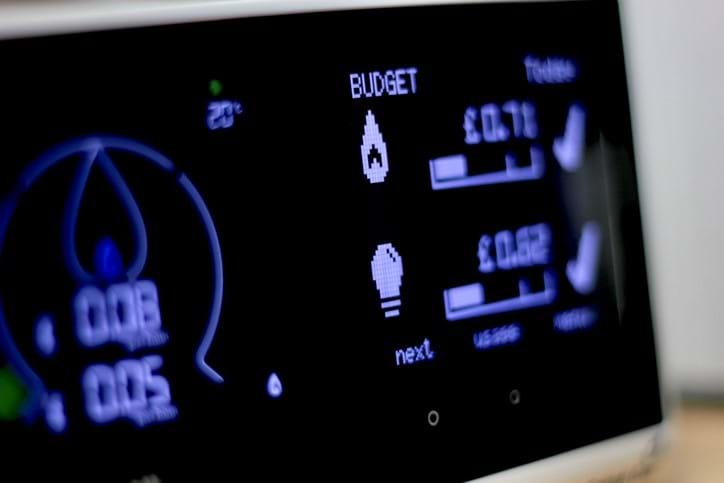Public sector could save billions with ‘modern energy tech’
25 September 2019

25 September 2019

Energy services company Centrica Business Solutions assessed the savings that a range of ‘distributed' energy solutions could make in public buildings, including energy efficiency measures like LED lighting, monitoring, demand side response (DSR), on-site generation and new digital technologies.
According to Centrica, if just half of hospitals, universities and buildings in the defence sector updated their energy infrastructure, they would save £5.6 billion over the next 15 years and emissions equivalent to taking over 435,000 cars off the road.
The NHS has the lion’s share of potential savings at £187 million - enough to pay the salaries of more than 5,800 nurses.
For example, the Royal Devon and Exeter NHS Foundation Trust has recently agreed a £7 million investment project with Centrica which will see the installation of a combined heat and power unit, roof-mounted solar panels, LED light fittings, energy efficient boilers and air conditioning system upgrades across five separate sites in Exeter. The project is expected to cut energy costs by 17 per cent, saving £800,000 a year.
Richard Hookway, chief executive of Centrica Business, said: “The government has announced £1.8 billion of extra capital funding for the NHS. Investing a fraction of this in distributed energy technology would not only improve the resilience of trusts but would create long term savings that could be redirected towards new nurses, new infrastructure and protecting vital front-line services.
Share